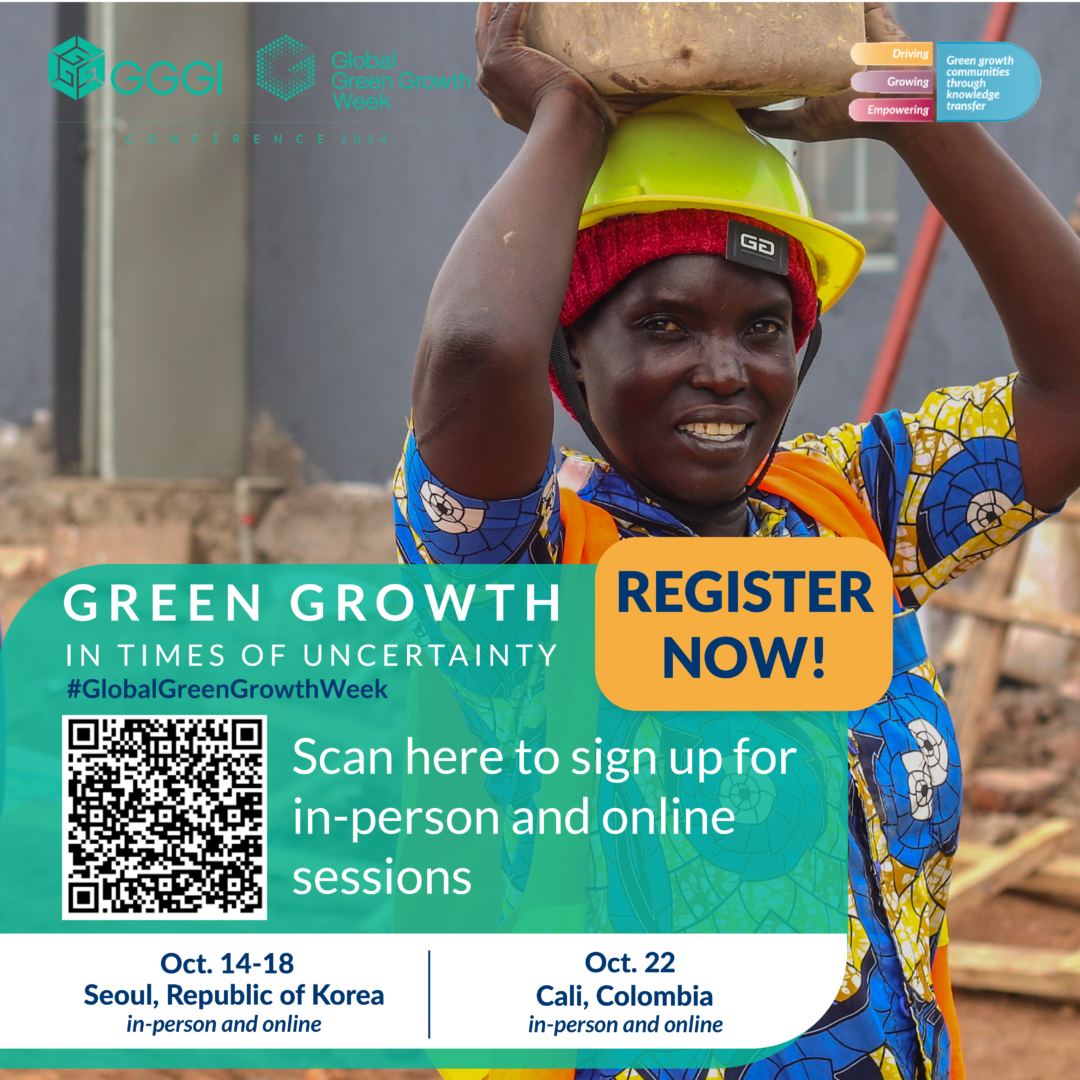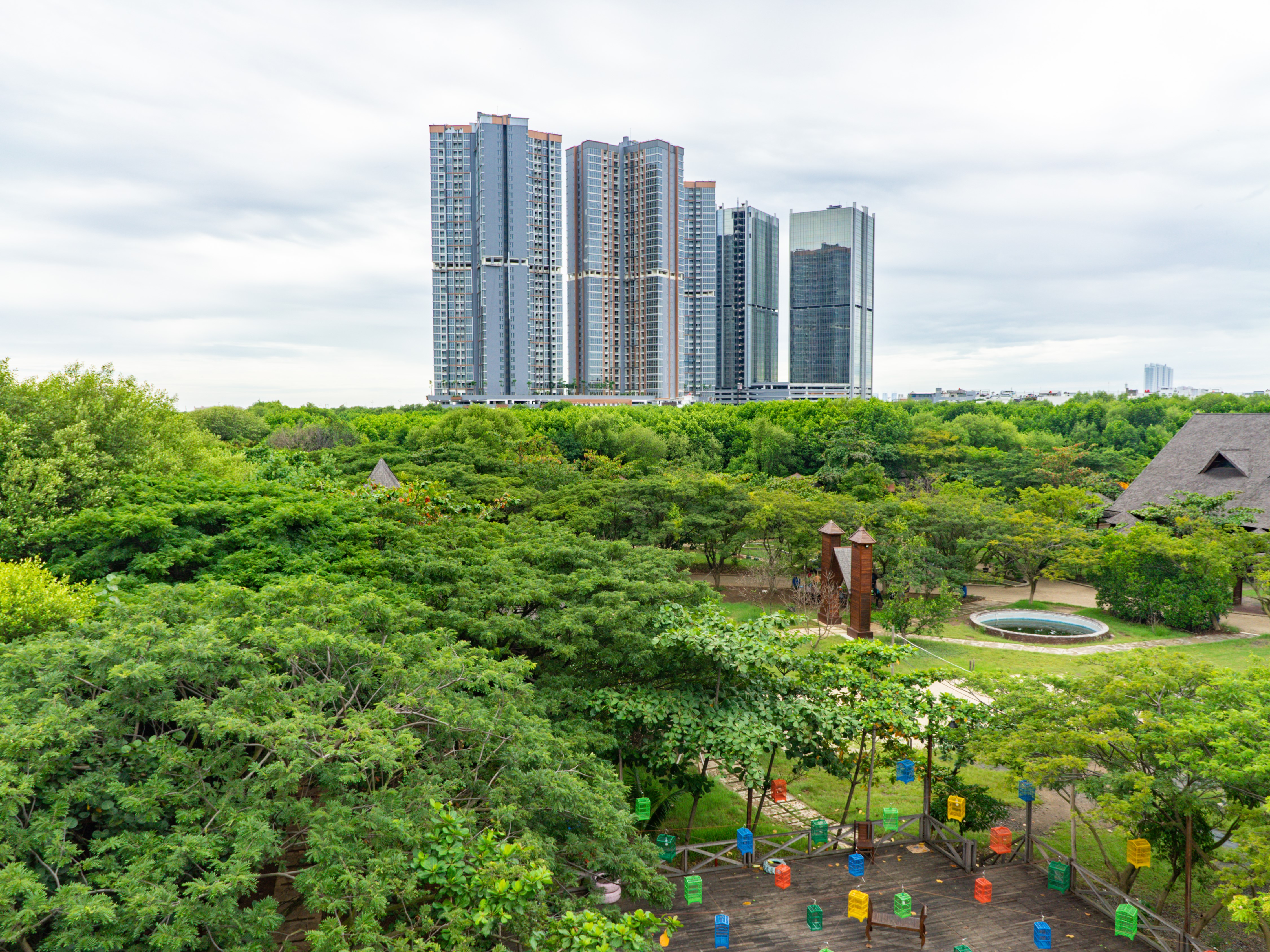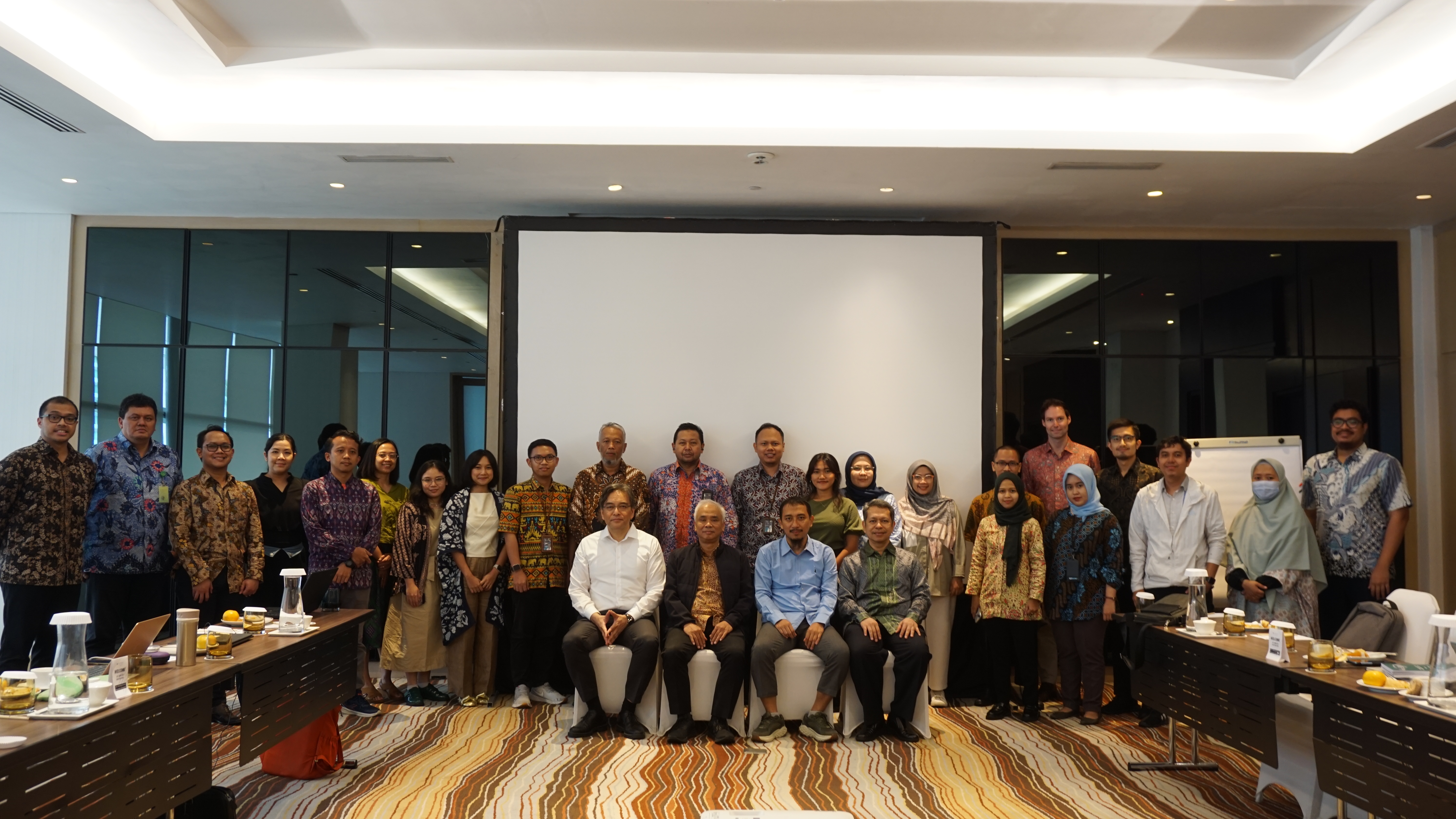Neurafarm Builds Sustainable and Resilient Agriculture through Technology
Neurafarm became one of the four winners of Greenpreneurs 2020 on October 27, 2020. Initiated by GGGI, Greenpreneurs is a global green entrepreneurship accelerator program in a competition format that runs for 12 weeks and is open to young people aged 17-35 years.
Through this program, young people are invited to propose ideas and solutions that have a positive impact on the future of sustainable energy, sustainable landscapes, or green city development. Greenpreneurs program aims to unlock, accelerate, and support the natural innovative tendencies of young people to foster a generation of climate and development leaders, who are collaborative implementers of green solutions.
Departing from an anxiety witnessing the increasing human population, which is predicted to reach 10 billion people in 2050 (source: FAO), as well as fewer and fewer resources to meet consumption needs, in 2017 Febi Agil Ifdillah, Lintang Kusuma Pratiwi, Naufalino Fadel Hutomo, and Pebriani Artha who are currently studying at the Bandung Institute of Technology founded Neurafarm. A smart/digital farming company, Neurafarm has a mission to increase productivity in the agricultural industry by using technology. With a vision to build a more sustainable and resilient food and agricultural system, Neurafaram strives to meet consumption requirements with healthy and affordable food without destroying the environment.
Check out our interview with one of the founders of Neurafarm, Febi Agil Ifdillah, about their participation in Greenpreneurs 2020.
How did you find out about Greenpreneurs? Why were you interested in joining Greenpreneurs?
We discovered Greenpreneurs from a website that presents various opportunities. We check the website regularly to find out the right opportunities for our startup to get partners, funding, and more. Greenpreneurs program is very attractive because of the incubation process that takes place during the competition. During the incubation period, we were provided with a number of experienced speakers that we can learn from. There was matchmaking as well as consulting sessions called office hours involving various leaders to help startups grow during (and after) the program. The network they have is very broad and also, what’s interesting is its orientation towards sustainability. In each cohort, we could network, learn, and share with like-minded people who have the same mission: to build a more sustainable world in each of their own ways.
Are there any memorable experiences during the Greenpreneurs program?
The experience during Greenpreneurs was very interesting. There were weekly webinars featuring selected speakers on super interesting topics like Theory of Change, and basic things like user interviews, lean startups, and so on. The most interesting thing was that each startup was given office hours with GGGI country offices to explore potential collaborations and how GGGI can help our project. Startups (especially in the area of impact), are very fragile entities, and any support at the slightest is invaluable for their development and survival. Overall, even in a pandemic situation, things are going well and we still make progress.
What are the activities carried out while participating in Greenpreneurs? What are the targets/achievements expected by Greenpreneurs and how is the progress so far?
Activity plans and targets are set per week via an online platform. There are comprehensive resources related to a topic and each week, combined with webinars from experts, each team completes assigned tasks ranging from the most basic things like business model canvas to finance and impact modeling. Internally, Neurafarm team also has personal targets such as growth and other things that can be supported during the program. By combining internal achievements, as well as required performance/tasks from Greenpreneurs, Neurafarm has developed quite rapidly over the last few months.
Is there a long-term plan or dream for Neurafarm?
Neurafarm always strives to realize our vision, which is to develop a more sustainable and resilient agriculture through technology. We want to continue to grow, so we can deliver impact to more people. In general, Neurafarm is committed to contributing to the three Sustainable Development Goals (SDGs): Ending Hunger, Eradicating Poverty, and Protecting Land Ecosystems.
- Ending Hunger: Hunger occurring in the world is not only a result of poor food production, but also related to its distribution which affects availability and affordability. We envision a world where (healthy) food can be accessed more easily and more affordably by various groups by improving production and distribution systems using technology.
- Eradicating Poverty: There are more than 500 million farmers worldwide and unfortunately many still live below the poverty line. We want to make farming profitable with high productivity. So not only we help maintain food security but also make farming as an attractive career option for younger generation.
- Protecting Land Ecosystems: Our agricultural systems are currently responsible for more than 70% of clean water use worldwide. Not to mention food waste and excessive use of hazardous substances that can disturb the balance of nature. We hope that more efficient use of resources and higher productivity can reduce various kinds of waste in the agricultural industry so we can meet the world’s consumption needs without sacrificing our future generations.
With the support of various parties, we believe that sustainable agriculture can be realized.
Finally, any messages for other young people?
I feel that awareness and responsibility of young people regarding nature protection and providing solutions to various social and environmental problems has improved. This is evident from the increasing number of social enterprises and also other companies that are not only concerned with profit, but also prioritize positive impacts (for the environment, humans, animals, etc.) in doing business. This is still a new trend, especially in Indonesia, but I believe that the future will be better. My message to other young people is never to stop innovating and never be afraid to start.




